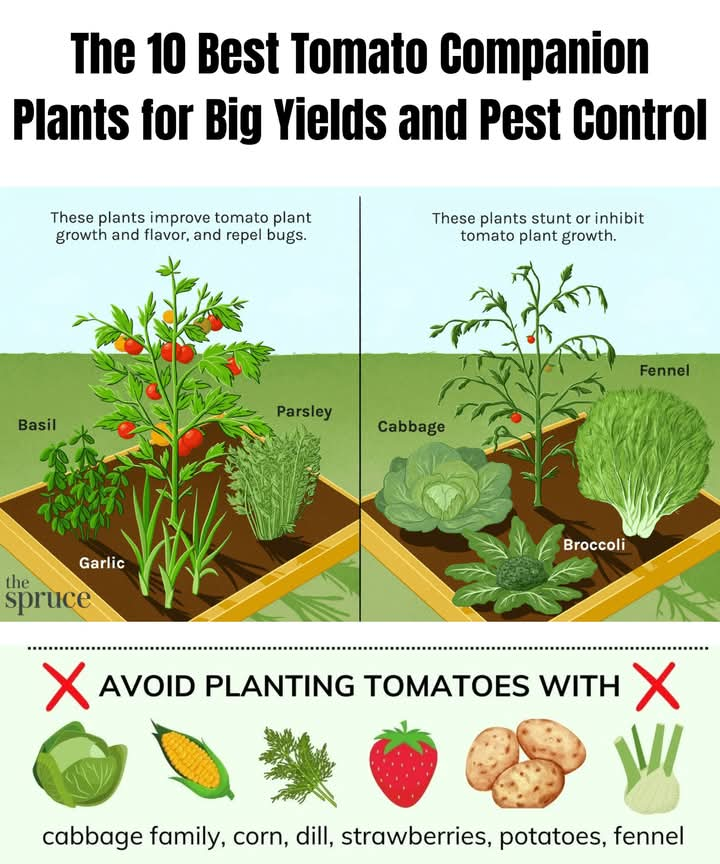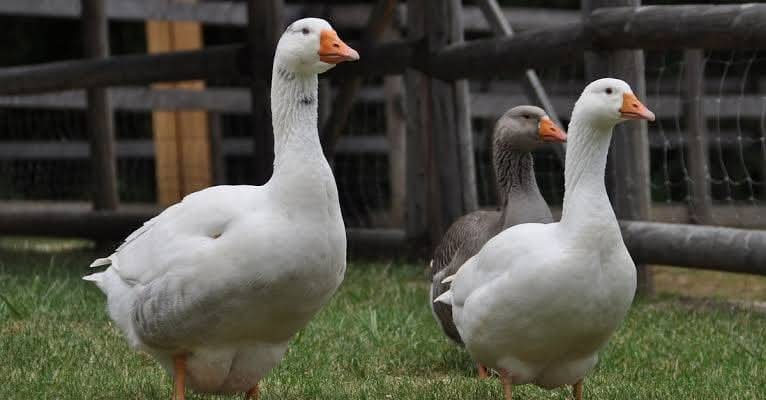Here are some important points Goose Farming In Nigeria
Goose farming can be a profitable and sustainable branch of poultry farming, especially suited to small- and medium-scale farms. Here are some important points:
1. Breeds and Selection:
Common breeds for farming include the Embden, Toulouse, and Chinese geese. Each has unique characteristics, such as size, egg production, and growth rate, which should be considered based on the farm’s goals.
Selecting healthy and robust geese from reliable sources is essential for starting a productive flock.
2. Housing:
Geese are hardy birds that can withstand various weather conditions, but they still need shelter to protect them from extreme weather, predators, and provide a safe place for nesting.
Housing should include a well-ventilated area with dry bedding, typically straw or hay, that is regularly cleaned to prevent disease.
3. Feeding and Nutrition:
Geese are efficient foragers and thrive on a diet of fresh grasses, weeds, and grains. They also enjoy grazing and can feed on pasture, reducing the cost of feed.
In addition to grazing, balanced feed should be provided to ensure optimal growth and productivity, especially during breeding and egg-laying seasons.
4. Reproduction and Breeding:
Geese have seasonal breeding cycles, typically laying eggs in the spring. Farmers can encourage nesting by providing quiet, comfortable nesting areas.
Eggs can be incubated naturally by the mother or artificially. Hatchlings should be kept in a warm, safe area and introduced to water gradually.
5. Health Management:
Regular health checks and vaccinations are essential to prevent diseases such as avian influenza, parasitic infections, and bacterial infections.
Clean water, proper sanitation, and rotational grazing can help minimize disease risks and maintain flock health.
6. Economic Potential:
Geese produce high-quality meat, feathers, and liver (used for foie gras in some markets), with demand in specialty markets.
They can also be a source of high-value eggs, although geese typically produce fewer eggs compared to other poultry.
7. Environmental Benefits:
Geese contribute to weed control as they graze, which reduces the need for chemical herbicides on the farm.
Their droppings enrich the soil, providing natural fertilizer and supporting overall farm fertility.
With careful management, goose farming can provide a profitable, sustainable, and environmentally friendly venture in agricultural systems.




